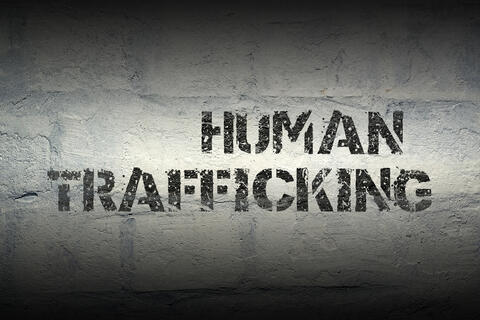Yemen is launching a national program to strengthen the ability of the government and civil society organizations to promote and protect human rights, including women's rights. Yemen has ratified most major international human rights treaties, but has not integrated their standards into national laws; nor are their principles well understood by civil servants, including law enforcement personnel and civil society groups.
The United Nations Development Program (UNDP) is providing $500,000 for the initial 18-month phase of the $1.8 million, three-and-a half-year project, which it is carrying out with the Supreme National Committee for Human Rights and the Ministry of Planning and Development.
Wahibah Fareea, state minister for Human Rights, called the initiative "an important milestone in furthering our efforts to improve human rights." It is the first such project supported by a donor agency, she noted.
UNDP Resident Representative James Rawley said the country has made substantial progress in democratization and human rights since unification in 1990. "This project will give the process an important push forward by developing competencies that are vital to protecting and promoting human rights in the State and civil society, and building bridges between them," he said.
UNDP is integrating human rights into its development programs in Yemen, and promoting human rights is a key priority in the cooperation framework agreed on with the government. The project will support efforts to change discriminatory laws affecting women and other groups, and help reduce poverty by empowering those facing discrimination.
Women, for example, still face discrimination under laws on citizenship, property ownership, inheritance, marriage, divorce and child custody. There are also disparities in access to education, political participation and earning power.
Only one woman in four is literate, compared to two out of three men, and only 44 percent of girls are enrolled in primary school, compared to 76 percent of boys. Women hold less than one percent of the seats in parliament, and their average earnings, about $400 a year, are less than a third that of men.
The project will provide training for technical and administrative staff of the Supreme Committee for Human Rights and the Office of the State Minister for Human Rights. Other institutions to receive training include Parliament and its Human Rights Committee, the Attorney-General and the Prosecutor's Offices, the police, the Consultative (Shura) Council's Human Rights Committee and the Ministry of Justice.
The project will also carry out awareness-raising activities for Local Councils and civil society organizations, including organizing public forums, to reach people at the grassroots. — (menareport.com)
© 2003 Mena Report (www.menareport.com)








